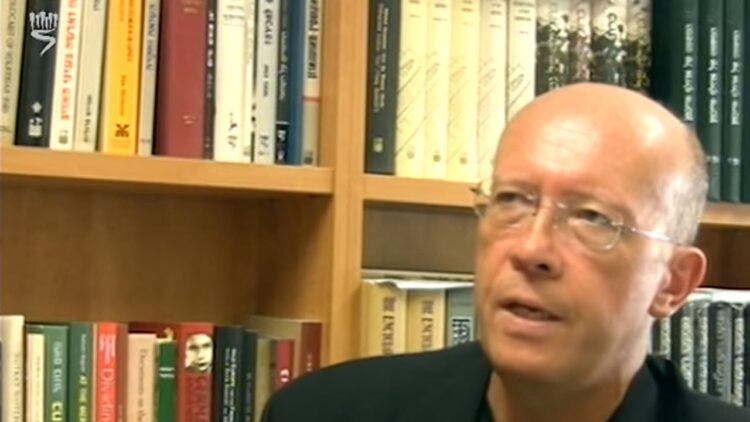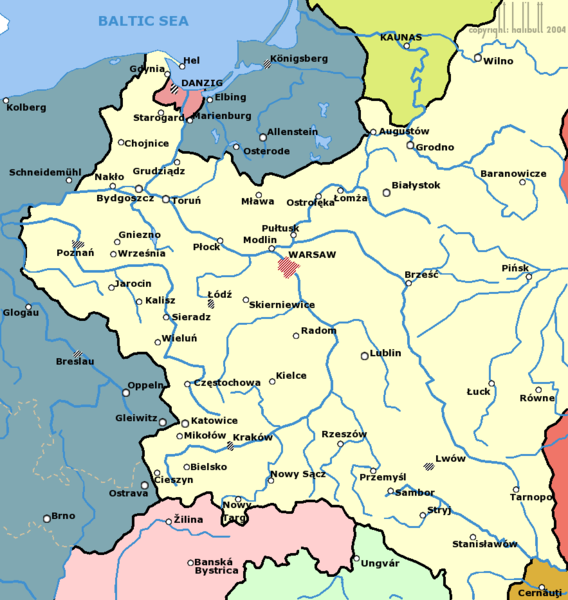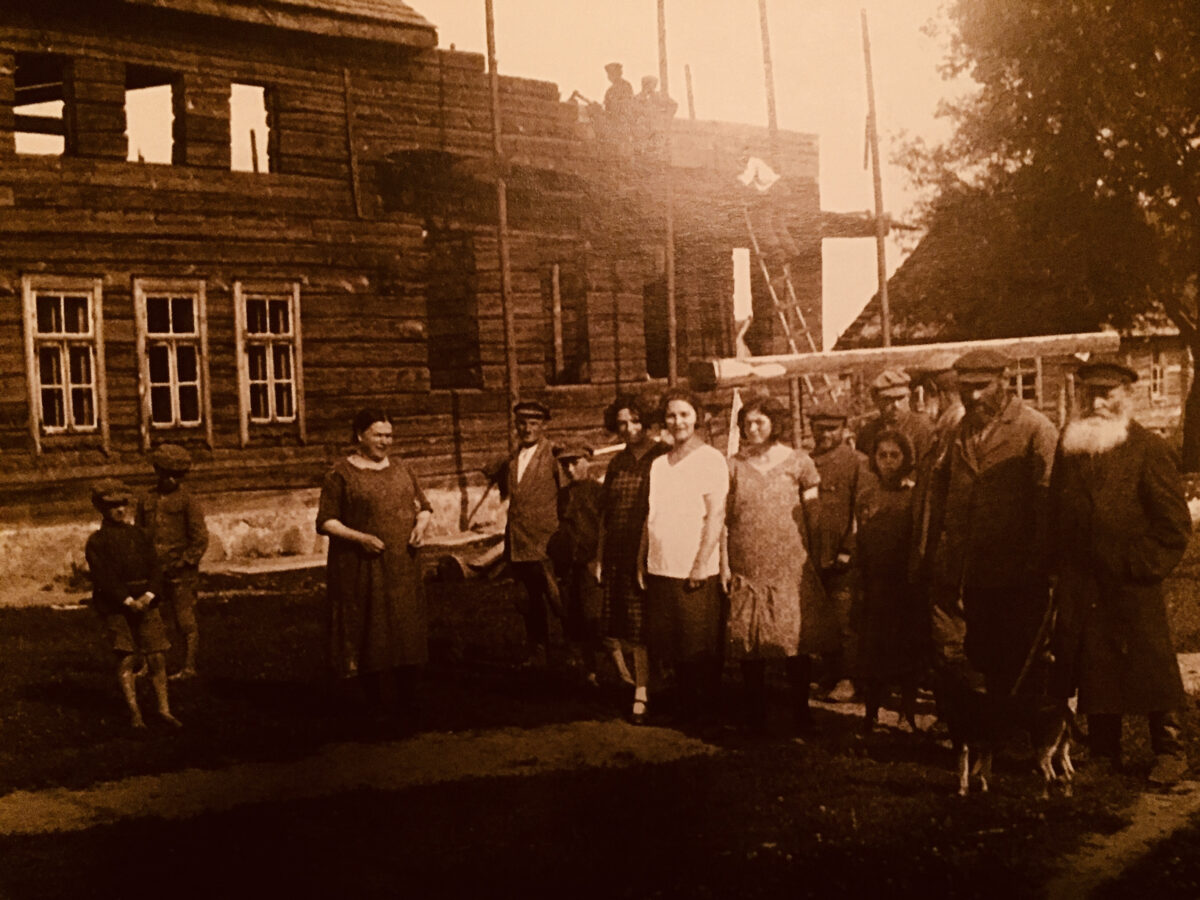The right-wing Polish government is trying to curtail free and independent scholarship with respect to the Holocaust, says Jan Grabowski, a Canadian scholar of Polish descent who was recently ordered to issue a public apology concerning a two-volume book he and Polish colleague Barbara Engelking co-edited.
Night Without End: The Fate of Jews in Selected Counties of Occupied Poland, a 1,700-page account of the role Poles played in the mass murder of Polish Jews during the German occupation, was published in Poland in 2018. An abridged English edition is scheduled to be released.
In the same year, Poland passed a controversial law criminalizing false accusations that the “Polish nation” committed crimes that were really perpetrated by Nazi Germany. The legislation was drafted by the ruling Law and Justice Party.
According to a Jewish survivor quoted in the book, Edward Malinowski, the mayor of a village in eastern Poland, saved a Jewish woman by allowing her to pass as a non-Jew, but denounced a group of 22 Jews who were later killed by the Germans.
Malinowski’s niece sued Grabowski, a University of Ottawa history professor, and Engelking, a historian at the Polish Center for Holocaust Research. Citing “inaccurate information” in their book, she demanded an apology in newspapers and the equivalent of $27,000 in damages.
The Polish League Against Defamation, a non-governmental organization funded by the Polish government, was widely regarded as the driving force in the case.
On February 9, following a libel trial, a judge decreed that Grabowski and Engelking were required to apologize, but she rejected the niece’s demand for monetary compensation.
Grabowski and Engelking have each filed an appeal.

Speaking about the case from Warsaw during a zoom lecture on February 16 sponsored by the YIVO Institute for Jewish Research in conjunction with the Jewish Studies program at Bard College, Grabowski said that scholars like himself have been confronted by the “might of the Polish state” and its conservative allies.
Claiming that the court ruling was an attempt by the Polish government to “frighten people,” he said, “This is an unprecedented verdict, which, if upheld, will mean an end to independent research of the Holocaust.”
Grabowski, the son of a Holocaust survivor, has written several books about Polish-Jewish relations, most notably Hunt for the Jews: Betrayal and Murder in German-Occupied Poland and The Blackmailing of Jews in Warsaw.
He described the history of Polish-Jewish relations as “a dead zone of misunderstanding and silence,” adding that the topic is colored by a “strong undercurrent of denial and revisionism.”
Grabowski charged that the Polish League Against Defamation has become “a powerful and dangerous” player and a proxy for the government of Poland.
And he noted that organizations like the Institute of National Remembrance receive its marching orders from the Law and Justice Party.
Grabowski, who was interviewed by the journalist Masha Gessen, a writer in residence at Bard College whose ancestors were Polish Jews, said that Night Without End infuriated the Polish government because it deviated from its official position that Poles were the victims of Nazi oppression rather than the oppressors of Jews.
Taking aim at this claim, Grabowski made two points.
First, the Holocaust was not a black and white event but a catastrophe imbued with shades of grey. Second, “large segments” of the Polish population participated in the “Nazi genocidal project,” which resulted in the deaths of some three million Jews in Poland between 1939 and 1945.

According to Grabowski, the Polish government is exerting “tremendous pressure” on teachers to toe the party line.
And he noted that Poles who challenge its worldview can be prosecuted for slandering Poland under article 133 of the criminal code.
Acknowledging that his appeal may fail, he compared it to a person who jumps into a pool without knowing whether it is full of water. “The Polish judiciary has been under siege for some time now,” he noted.
Grabowski, who’s heartened by the outpouring of support he has received so far, believes that the trial and the appeal will be a case study of major importance to historians and to scholars specializing in the Holocaust.
In his opinion, a special fund should be created to defend scholars harassed by the state. And Polish academics supportive of Poland’s attempt to stifle scholarly inquiry should be singled out for criticism, he said.
